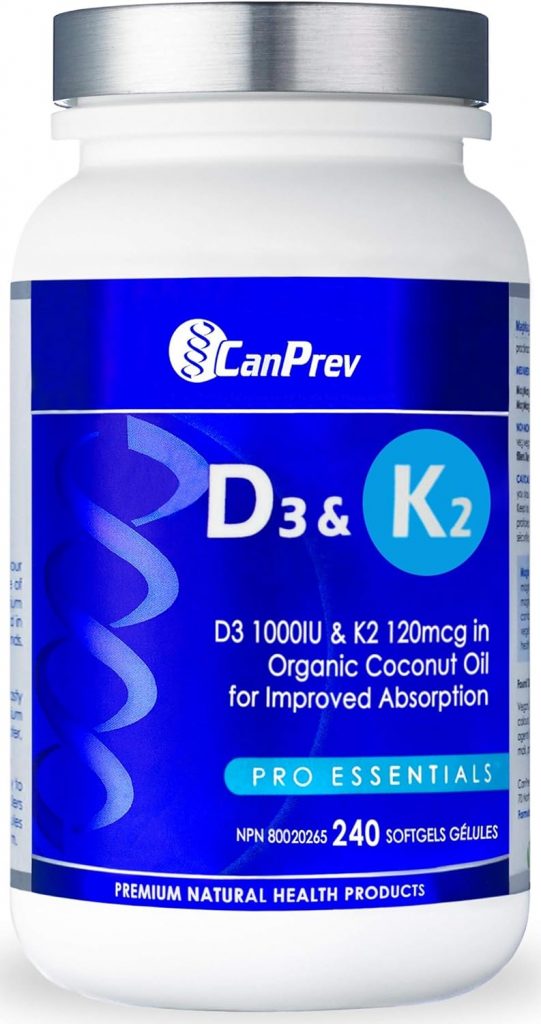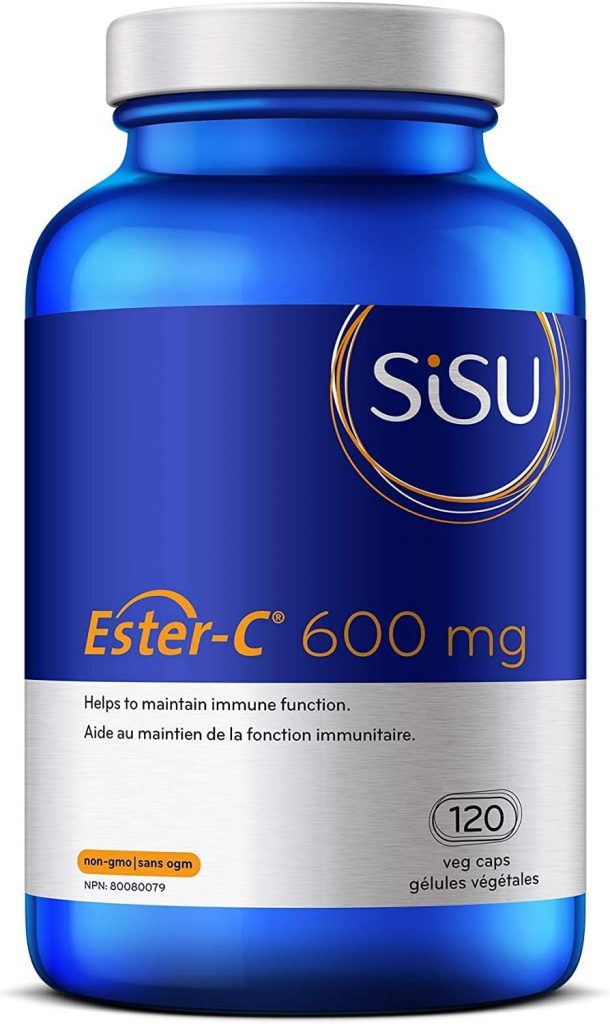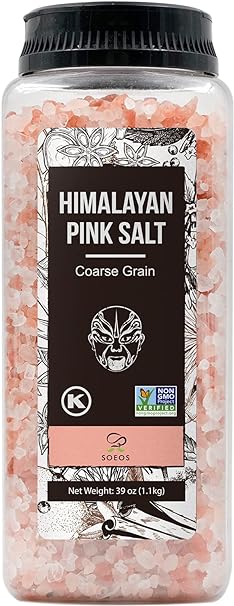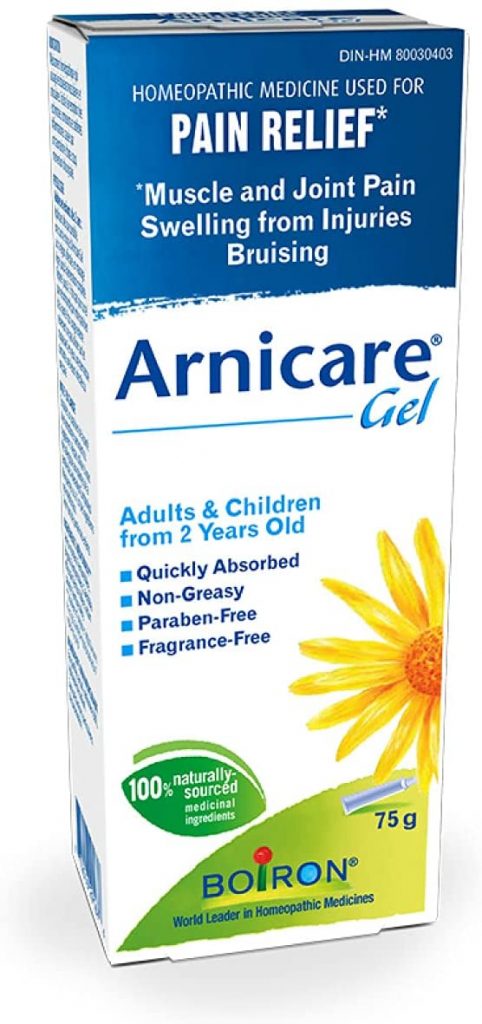
I. Introduction
Vitamin D, often referred to as the "sunshine vitamin," is a crucial nutrient that our bodies need. It plays a significant role in numerous bodily functions, from supporting our immune system to maintaining the health of our bones and teeth.
Bone Health
One of the primary roles of Vitamin D is to aid in the absorption of calcium and phosphorus. These minerals are vital for the metabolism and maintenance of our bones, teeth, hair, and tissues⁵⁶. By ensuring the proper absorption of these minerals, Vitamin D contributes significantly to our overall bone health.
Immune System
Vitamin D is also a key player in our immune system. It has been found to promote immune response, reduce inflammation, and support overall immune health. This means that maintaining adequate levels of Vitamin D can help protect us from various illnesses and infections.
Skin Health
When it comes to skin health, Vitamin D proves to be just as essential. It promotes healthy epidermal cell growth, decreases the risk of infection, prevents skin aging, and reduces the incidence of chronic disease, including skin cancer.
Signs of Vitamin D Deficiency
Vitamin D deficiency can lead to several health issues. Common symptoms include bone pain, muscle weakness, fatigue, cardiovascular disease, and asthma. These symptoms can be caused by various factors, such as less consumption of food rich in Vitamin D, less exposure to sunlight, or an increased level of melanin pigment⁶.
Signs of Excessive Vitamin D
While Vitamin D is beneficial, too much of it can lead to health problems. Symptoms of excessive Vitamin D include stomach discomfort, unusual mental symptoms, or kidney problems. These symptoms are often caused by inappropriate supplement dosing and prescription errors.
Supplements for Vitamin D Absorption
To ensure our bodies can absorb and utilize Vitamin D effectively, certain supplements can be beneficial. A good quality vitamin D supplement that contains vitamin D and vitamin K can support optimal calcium balance and vitamin D absorption.
Foods
Vitamin D3:
Fatty fish like salmon and mackerel.
Cod liver oil.
Egg yolks.
Cheese.
Mushrooms.
Vitamin K2:
Fermented foods like natto and sauerkraut.
Grass-fed animal products such as meat and butter.
Please note that Vitamin K2 is synthesized by bacteria and is typically associated with fermented foods and animal products. The amount of Vitamin K2 in any particular food can vary greatly depending on how much bacteria is present and, therefore, how much Vitamin K2 is created.
It's also important to note that many of the foods that are known to be high in vitamin K2 are not traditionally considered to be part of a heart-healthy diet and should be consumed in moderation.
Conclusion
The main Health Benefit of Vitamin D is that it acts like the fuel of your Immune System. Maintaining the right levels of Vitamin D in the body is crucial for our overall health. From supporting our immune system to promoting skin health, the benefits of Vitamin D are vast. However, it's important to remember that while supplements can help, they should not replace a balanced diet and lifestyle. Always consult with a healthcare professional for personalized advice.
Remember, your health is your wealth!
Here is the Vitamin D supplement we highly recommend:
References:
- https://cnet.com/health/nutrition/why-vitamin-d-is-crucial-for-immune-health
- https://drberg.com/blog/what-helps-vitamin-d-absorption–proven-tips.
- https://everlywell.com/blog/vitamin-d/signs-of-too-much-vitamin-d
- https://grassrootshealth.org/blog/vitamin-d-benefit-skin
- https://health.com/mind-body/vitamin-d-health-risks
- https://healthline.com/health/food-nutrition/benefits-vitamin-d
- https://healthline.com/nutrition/best-vitamin-d-supplements
- https://healthline.com/nutrition/immune-boosting-supplements
- https://healthline.com/nutrition/vitamin-d-coronavirus
- https://healthline.com/nutrition/vitamin-d-deficiency-symptoms
- https://healthline.com/nutrition/vitamin-d-side-effects
- https://hsph.harvard.edu/nutritionsource/vitamin-d
- https://livestrong.com/article/-vitamin-d-deficiency-skin-problems
- https://lpi.oregonstate.edu/mic/health-disease/skin-health/vitamin-D
- https://mayoclinic.org/drugs-supplements-vitamin-d/art-
- https://mayoclinic.org/healthy-lifestyle/nutrition-and-healthy-eating/expert-answers/vitamin-d-toxicity/faq-
- https://medicalnewstoday.com/articles
- https://thehealthy.com/nutrition/vitamins/vitamin-d-gut-absorb












